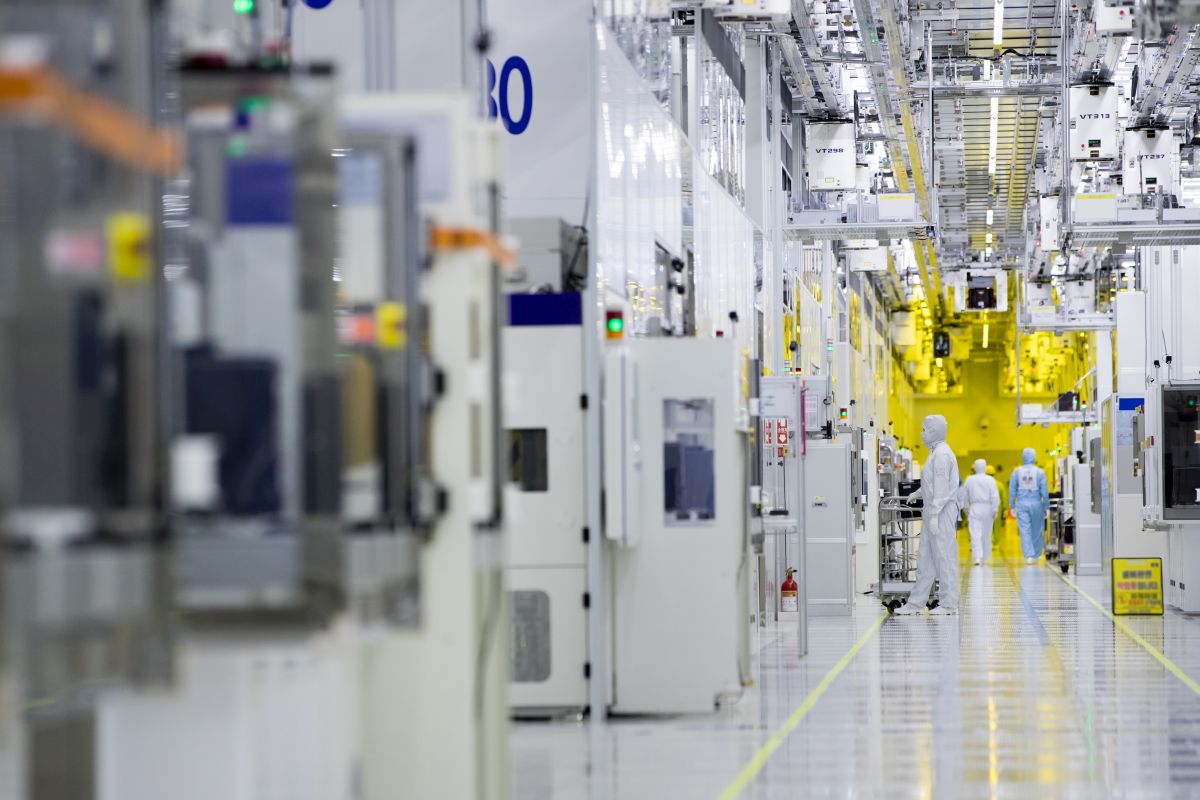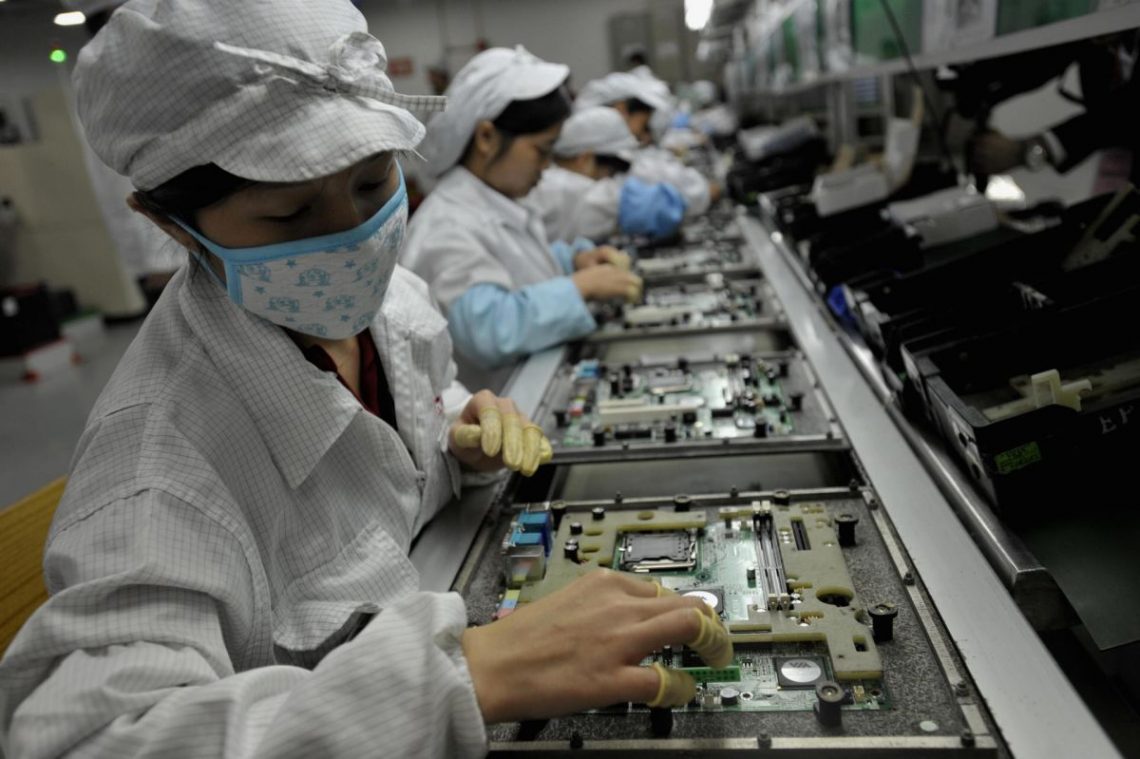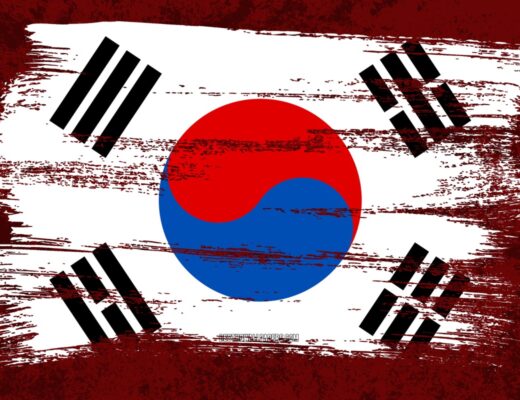U.S. has hit China: how local technology companies will develop further
The trade war between the advanced powers continues, and recently the situation has entered an acute phase again. The U.S. hit the technology segment of China, introducing new rules for the supply of products by local companies. Restrictions apply to suppliers and manufacturers of semiconductor equipment. Now they need to obtain a special license from the U.S. regulatory authorities. And these innovations must be implemented by all companies, including those that have a long history of cooperation with Chinese corporations, for example, the country’s largest SMIC, which produces chips.
Such a decision from Washington significantly hits Chinese manufacturers and reduces the development of the microelectronics sector. Besides, Beijing’s strategy of gradual independence from other countries is under threat.
The U.S. government comments on the restrictions by the fact that American products in China may be used for military purposes and be directed against the suppliers themselves. According to many experts, this policy of Washington negates the attempts of Beijing to become fully independent in the segment of technology. The restrictions will be particularly acute for SMIC Corporation, whose development is now in question. Moreover, the company denies any involvement in the Chinese army or military industry. SMIC felt the consequences of the new rules from Washington almost immediately – the shares at the Shanghai Stock Exchange sank by 6%.
It should be noted that the U.S. is one of the leaders in the semiconductor market, and the contribution of the state to the implementation of global supply chains of these elements is extremely large. Asian suppliers may be an alternative for China, but they may refuse to cooperate for fear of sanctions from the United States.

The restrictions have violated SMIC’s plans to cooperate with Huawei Corporation. Previously, the Chinese manufacturer had to sell microchips to the telecommunications giant, replacing the former supplier, TSMC from Taiwan. Moreover, Huawei is also in a difficult situation with American sanctions. The U.S. government accused the equipment and electronics manufacturer of passing on confidential user data to Chinese intelligence services.
Initially, the White House added Huawei’s head office to the sanctions list, and last summer it expanded the list to include affiliated companies as well as 38 representative offices in 21 countries. Now, Huawei’s suppliers must first obtain the sale authorization from the relevant authority, and only after the license is issued can the export be made. Transactions with all firms on the sanctions list are subject to restrictions. SMIC Corporation is now also on the list.
It is not yet clear how the Chinese technology industry will develop further. Now, many companies need to revise the terms of cooperation with foreign partners, and suppliers need to carefully weigh the features of cooperation with Beijing.










